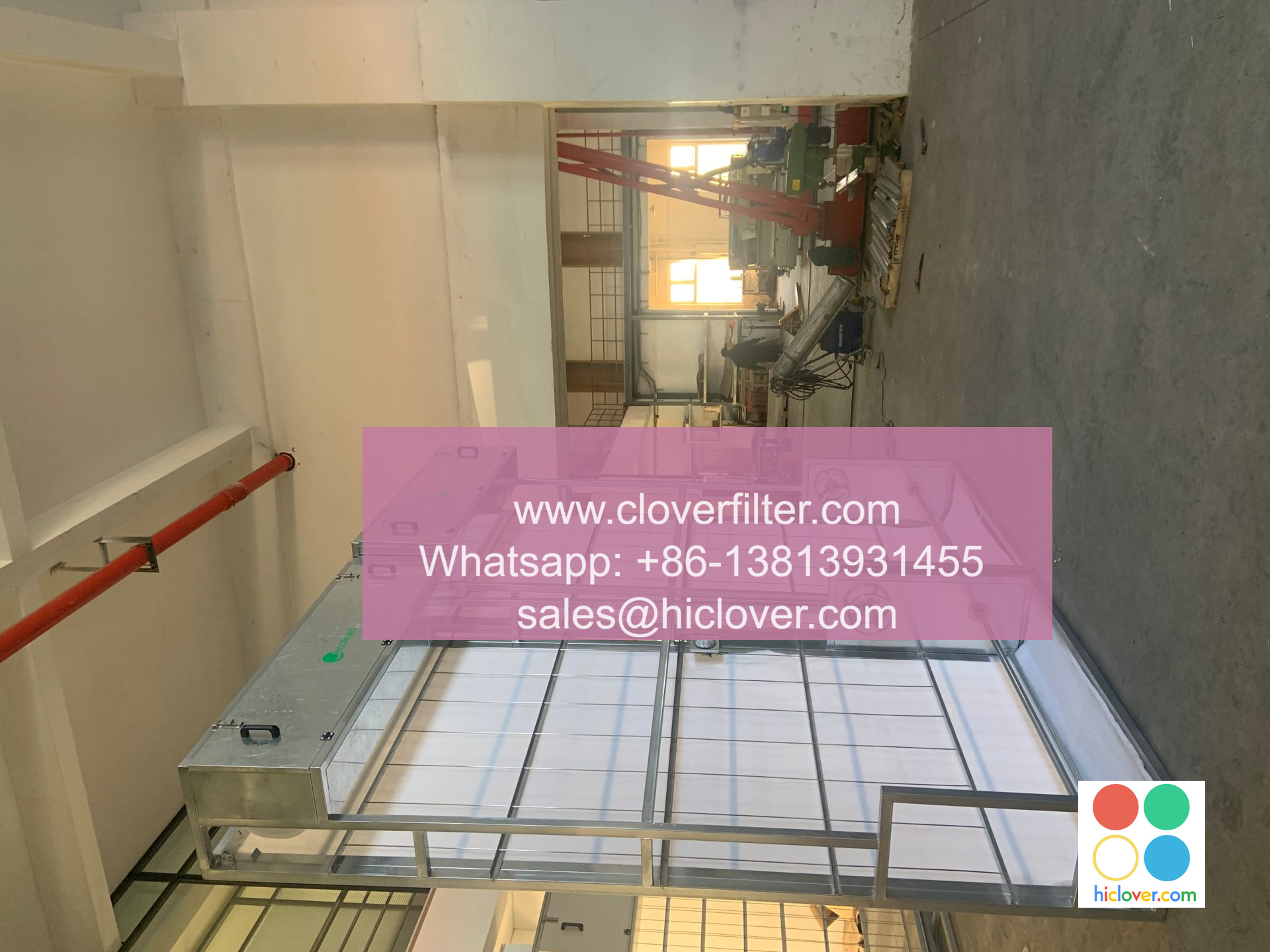Ultimate Guide to HEPA Filter Prices: What You Need to Know

Ultimate Guide to HEPA Filter Prices: What You Need to Know
What are HEPA Filters and Why Are They Important?
HEPA (High Efficiency Particulate Air) filters are a type of air purifier that captures 99.97% of particles as small as 0.3 microns, including dust, pollen, smoke, and other airborne allergens. They are essential in maintaining good indoor air quality, especially for people who suffer from allergies, asthma, or other respiratory issues.
Types of HEPA Filters and Their Prices
There are several types of HEPA filters available, with varying prices depending on their size, brand, and features. Here are some common types of HEPA filters and their approximate prices:
- Portable HEPA Air Purifiers: These small, desk-top units are perfect for small rooms (100-500 sq. ft) and cost between $50-$250.
- Room-Sized HEPA Air Purifiers: Designed for medium-sized rooms (500-1,000 sq. ft), these units usually range from $200-$500.
- Whole-House HEPA Systems: These central systems are designed for entire homes (1,000-5,000 sq. ft) and can cost between $500-$2,000 or more, depending on the size and brand.
- Commercial HEPA Systems: These large-scale systems are designed for commercial use and can cost $1,000-$5,000 or more, depending on the size and features.
- CADR (Clean Air Delivery Rate): Measures the filter’s ability to clean the air. Look for a CADR rating of 300-500 CFM (cubic feet per minute) for effective air cleaning.
- Filter Life: Some HEPA filters can be washed and reused, while others need to be replaced every 6-12 months.
- Filter Size: Ensure the filter size matches your specific needs (e.g., 101-170 sq. ft or 171-200 sq. ft).
- Additional Features: Some HEPA filters come with additional features, such as built-in UV light, built-in ionizer, or smart sensors.
- Online Retailers: Online stores like Amazon, Walmart, and Home Depot often offer competitive pricing and free shipping.
- Home Improvement Stores: Visit home improvement stores like Lowe’s, Menards, or The Home Depot for a wide selection of HEPA filters.
- Discounts and Promotions: Keep an eye out for sales, discounts, and promotions to save money on HEPA filters.
- Warranty and Maintenance: Consider the warranty and maintenance costs when calculating the total cost of ownership.
Features to Consider When Choosing a HEPA Filter
When selecting a HEPA filter, consider the following features:
Where to Buy HEPA Filters and How to Save Money
Conclusion
In conclusion, HEPA filters are an essential investment for maintaining good indoor air quality. With the various types and prices mentioned above, it’s crucial to choose the right HEPA filter for your specific needs, considering factors like size, features, and price. By following this guide, you’ll be well-equipped to make an informed decision and breathe easy with a high-quality HEPA filter.
I’m excited to get started!
To get a prompt, you can give me a topic, a question, a problem, or even just a feeling, and I’ll do my best to respond in a way that’s both helpful and engaging.
What’s on your mind? Do you have a specific topic you’d like to discuss, or would you like me to suggest something?


